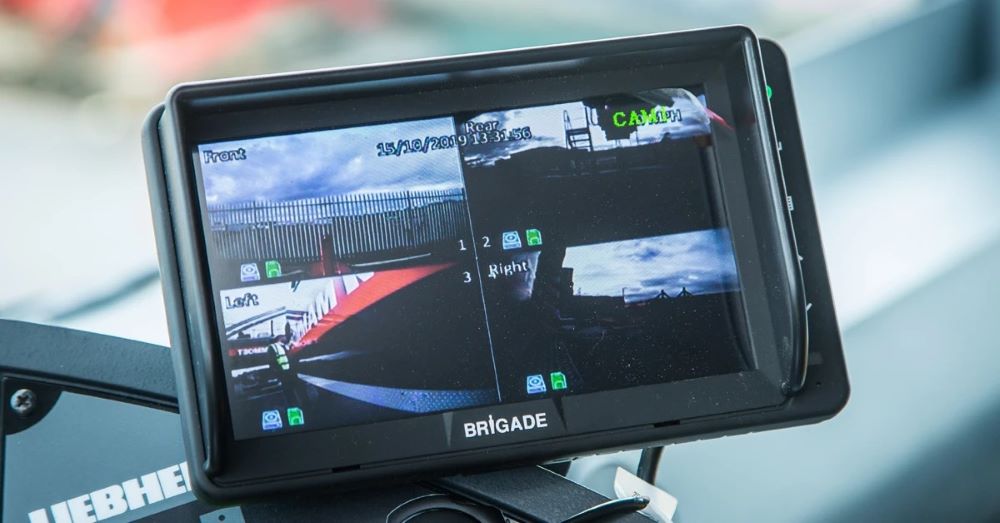India’s Income Tax Department has issued notices to several proprietary trading brokers suspected of misusing their trading terminals and masking third-party trades as loan entries, according to people with direct knowledge of the matter. The notices, many of which were sent between February and March this year, point to unusually large unsecured loan entries — in some cases, running into hundreds of crores — in the books of prop-trading brokers. Officials suspect that these entries were used to conceal commission income earned from unauthorized traders using the brokers’ proprietary accounts.
“IT notices were to sent to several brokers in March. A few others were served notices in the middle of February too,” said a person familiar with the development. According to a tax expert aware of the matter, “In the notices, brokers have been asked to explain the amount credited in their accounts under Section 68 of the Income Tax Act.

” He added, “The department grew suspicious because the people who have given unsecured loans of crores of rupees have not filed even their income tax return and were unable to explain the source of income and financials.” While most of the cases pertain to the assessment years 2022–23 and 2023–24, additional notices have been issued where brokers failed to respond adequately. If they cannot substantiate the loan entries, authorities may treat the amount as unexplained income and demand tax along with penalties and interest.
The abuse of prop trading by brokers was first brought to attention by Moneycontrol in December 2022. You can read the first story here. A senior tax officer, though not directly connected to the probe, explained that under Section 68, “the criteria is to test the taxpayer on a few basic parameters like capacity of the lender to give loan, identity of the lender and genuineness of the transaction.
” The misuse of proprietary trading accounts has also drawn concern from the Securities and Exchange Board of India (SEBI) and stock exchanges. As part of a broader crackdown, SEBI is considering new monitoring tools, including device-level mapping through MAC ID and fixed internet IDs, to ensure terminals are used only by authorized individuals. The story as reported exclusively on Moneycontrol earlier this month.
Industry sources say that after SEBI tightened margin rules, some brokers turned to a workaround — allowing professional traders, often called jobbers, to execute trades via the broker’s proprietary accounts. These jobbers typically don’t bring margin themselves, but instead trade using the broker’s exchange-deposited margin, sharing profits or paying monthly fees to the broker. These arrangements are frequently recorded as loan entries or masked via other accounting methods.
SEBI has long disapproved of such practices, warning that they could introduce systemic risk. Since 2020, the regulator has passed multiple orders penalizing brokers for misuse of proprietary accounts and failing to disclose details of users trading through them. Under exchange rules, any individual using a broker’s terminal or account for proprietary trading must be formally disclosed to the exchange — a requirement that, in these cases, appears to have been sidestepped.
An email sent to the Income Tax Department seeking comment went unanswered..
Business

IT sleuths target brokers for proprietary trading abuse

The notices, many of which were sent between February and March this year, point to unusually large unsecured loan entries — in some cases, running into hundreds of crores — in the books of prop-trading brokers. Officials suspect that these entries were used to conceal commission income earned from unauthorized traders using the brokers’ proprietary accounts.














